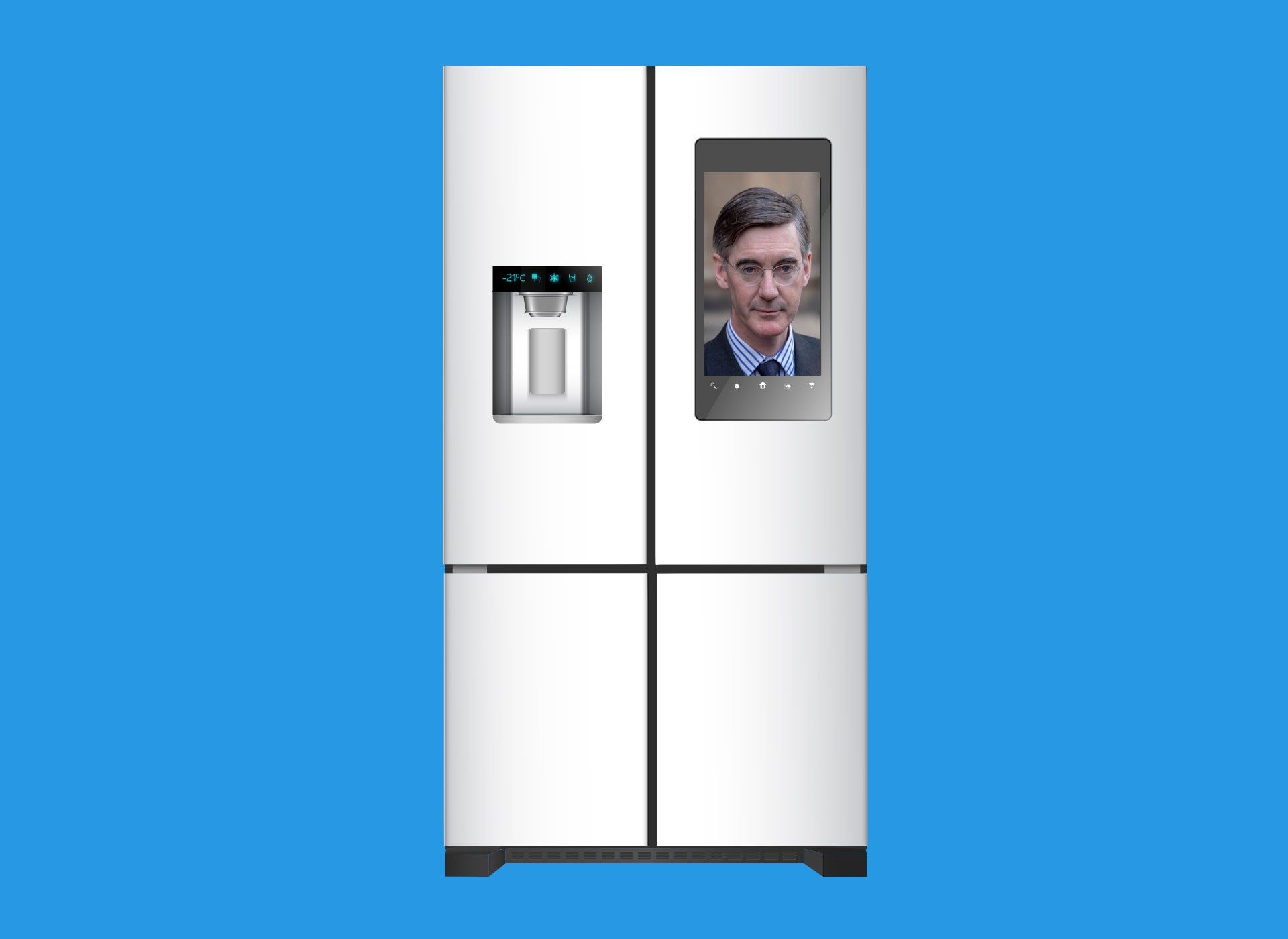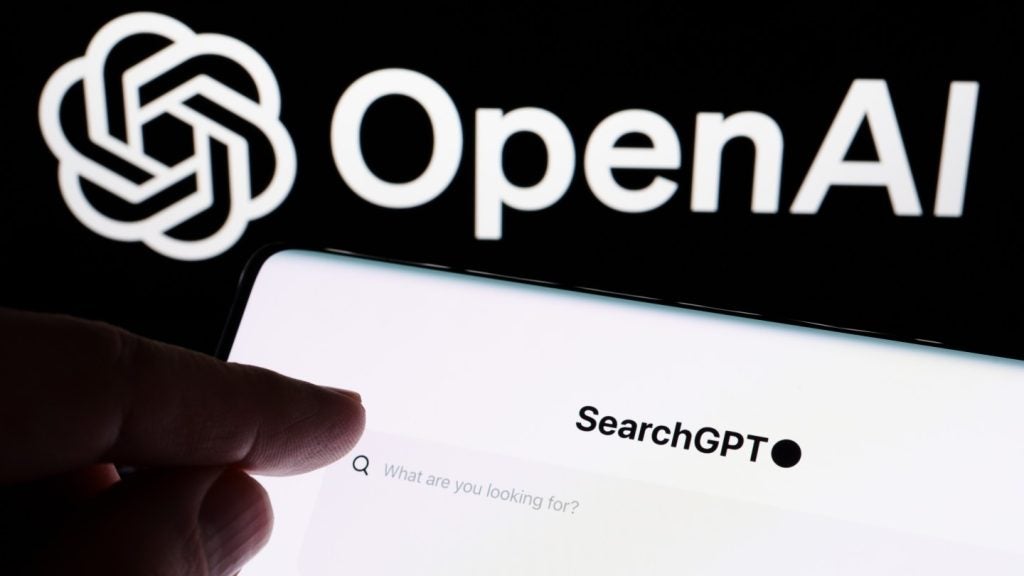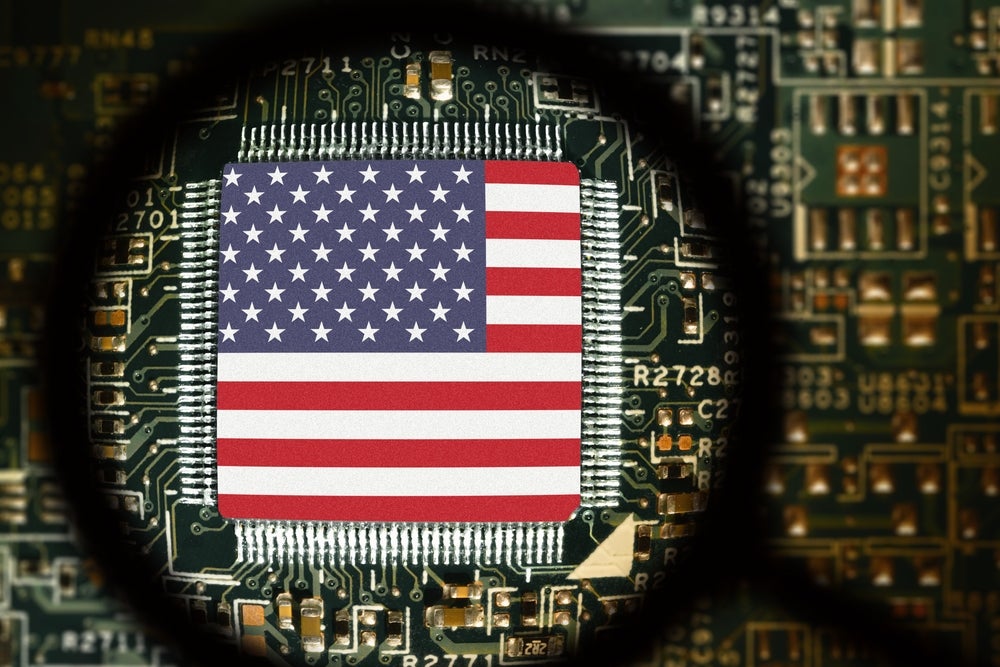
It’s late. You’re hungry. You open your smart fridge for a snack and staring back at you is the face of Jacob Rees-Mogg, delivering a personalised election advert from the screen on your fridge door.
That’s a situation that could become very real in 15 years’ time if we fail to get to grips with technology, targeted ads and their use in elections, according to bestselling author and technology journalist Jamie Bartlett.
“The big picture here, in my opinion, is that we have rules, regulations, systems, norms, behaviours, that we developed in an analogue age,” he says, speaking at Infosecurity Europe, an information and cybersecurity conference in London.
It’s this outdated approach that facilitated the likes of Cambridge Analytica, the data firm used by the Trump campaign in the 2016 Presidential Election to target voters with political adverts on Facebook, using data gathered without user consent.
Bartlett says that the impact of such efforts has been overstated (the Trump team were “slightly better at data analytics than the Clinton team”), but the proliferation of internet-connected devices should have us all worried for the future of elections.
How we could end up with smart fridge elections
If the idea of Jacob Rees-Mogg speaking from your fridge sounds crazy, Bartlett points to how the 2016 election tactics, with its personalised ads on a social media platform, would have seemed unbelievable 20 years ago.
Such “elections through smart fridges” will become possible because of what Bartlett describes as the “great connectivity craze” of internet connected devices.
According to research by IoT Analytics, there will be 21.5 billion internet of things devices by 2025. All of these machines, from smart coffee machines to smart mirrors, will be sucking up data, cross-referencing it with other personal data to create an increasingly accurate digital representation of you.
“Let’s say ten or 15 year’s time, we are going to know that you tend to eat between six and seven pm, because we monitor the time you eat from your smart fridge data,” explains Bartlett, author of The People Vs Tech: How the Internet is Killing Democracy (and how We Save It).
“We cross-reference that against your social posts, we know that you’re slightly angrier just before 6pm because you’re hungry. We also know through various types of analysis and laws that people who are slightly angrier are maybe slightly more open to candidates with messages about law and order.
“So, lo and behold, you open your fridge up at 6:50pm, Jacob Rees-Mogg is going to pop up on your smart screen with a personalised message to you and you alone. Because in ten years’ time, not only will your smart devices be part of the matrix that’s trying to profile you, there are also going to be messages that are personalised to each individual person.”
So, how do you run a fair election in a data-rich, internet of things-dominated world?
“The good news is, I don’t think it’s actually that difficult,” says Bartlett. “I just think we’re going to need loads of really clever software to help us. Because what I want to see, is that every single advert that is shown – and there will be millions of adverts, because everyone will be getting their own – is made public.”
When public, we need “amazing software” that can help people filter through it and monitor it to hold political operators to account, he says.
“That’s the kind of thing we need. I don’t think it’s actually beyond the wit of man to figure this one out.”
Read more: Political party cybersecurity still lacking ahead of key elections







